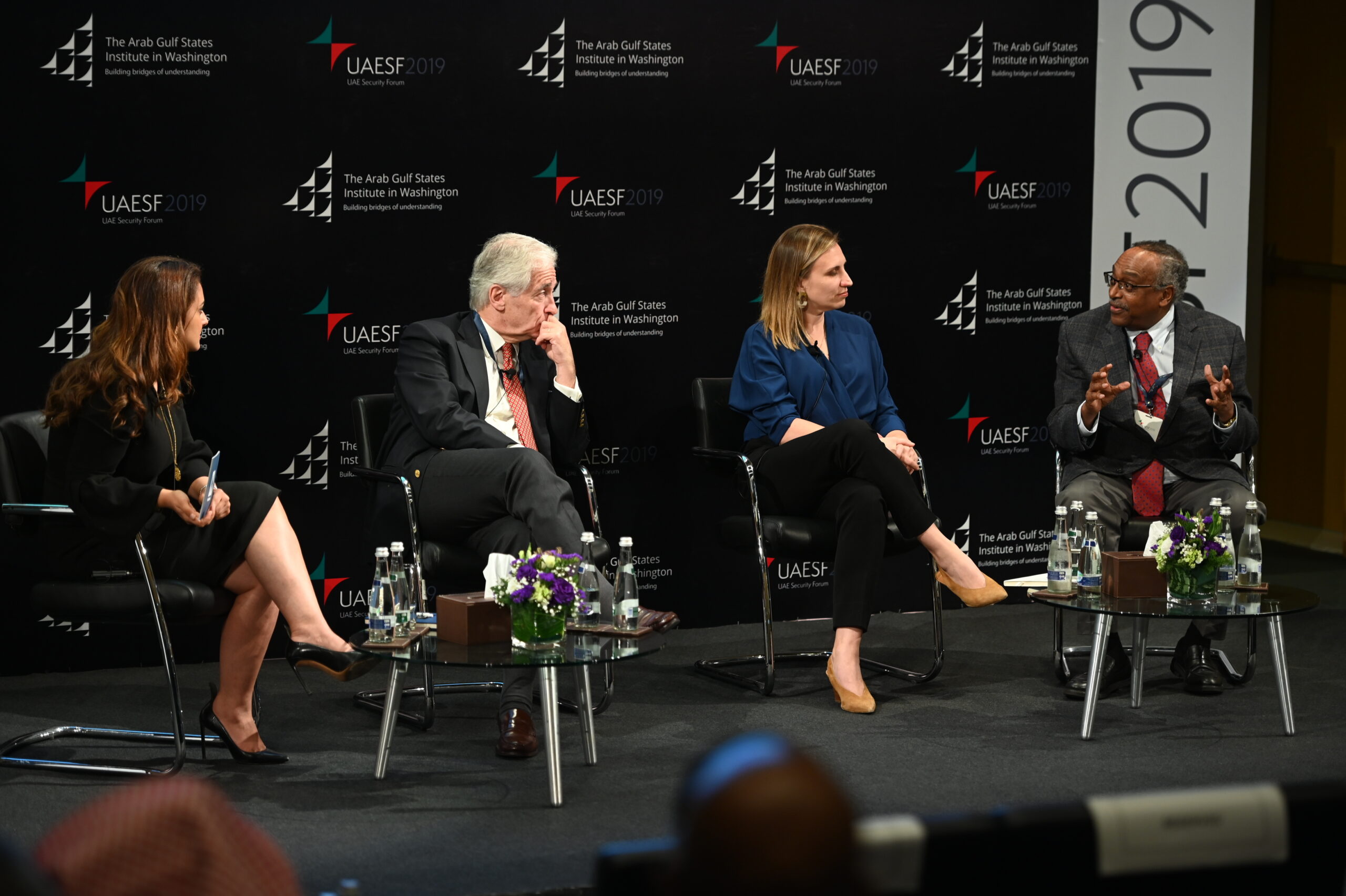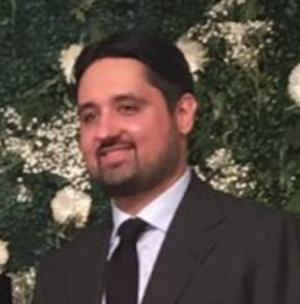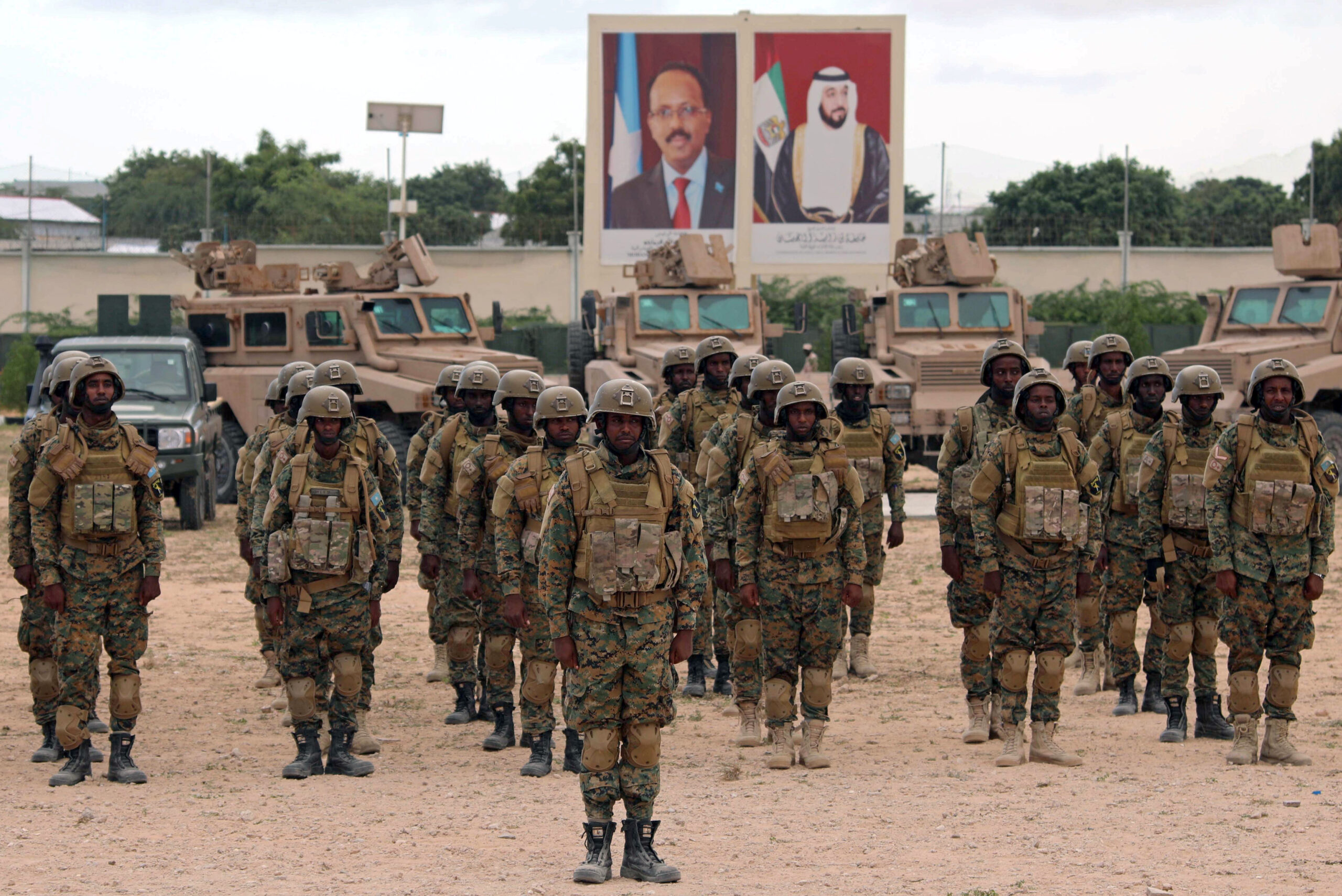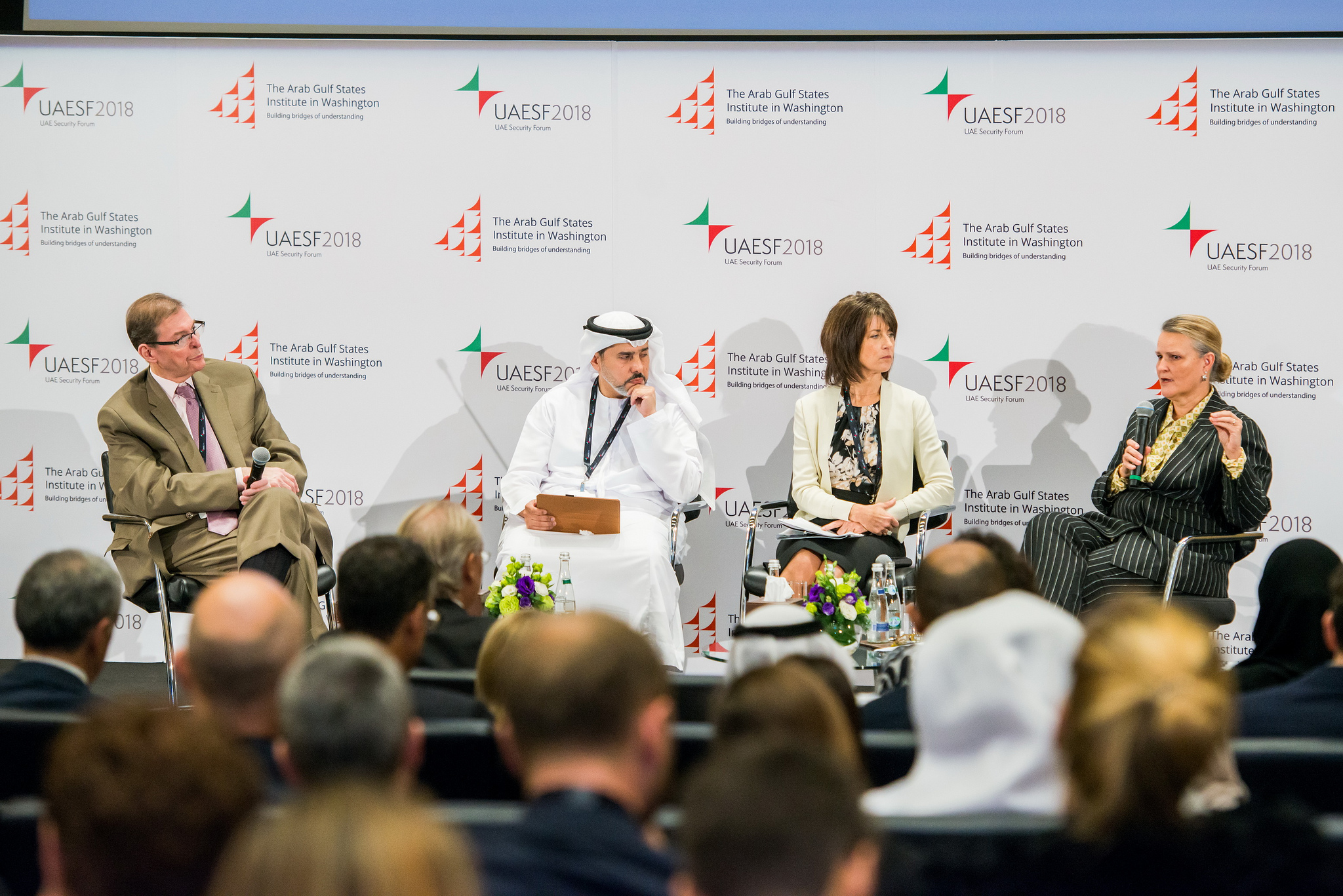UAE Security Forum 2019: Reshaping the Future of the Horn of Africa
This report is based on the presentations and discussions during the UAE Security Forum 2019, “Reshaping the Future of the Horn of Africa,” held on December 12, 2019 in Abu Dhabi, United Arab Emirates.

Key Findings and Recommendations
- Regional and international players have increased their engagement in the Red Sea and Horn of Africa in the past decade. Driven by economic opportunities and security concerns, this engagement by external powers presents both challenges and opportunities in a region that is struggling with state fragmentation, insecurity, massive population displacement, and poverty.
- Ongoing transitions in Ethiopia and Sudan will deeply reshape the geopolitics of the Horn of Africa. These transitions make these key countries particularly vulnerable to outside interference. External players must have a deep appreciation of the complexity of each situation and engage carefully and constructively to avoid destabilizing the region.
- Removing Sudan from the United States’ list of state sponsors of terrorism and engaging it in a debt relief program are just a start to support for a sustained, democratic transition in that country. The international community should also look for more creative measures, such as fostering confidence among banks and businesses to invest in Sudan.
- Somalia continues to face deep instability, and Somali leaders should look for internal solutions. Talks should not be limited to the government in Mogadishu and the federal member states but should include al-Shabab.
- Somalia serves as a cautionary tale on how external rivalries can negatively impact fragile states. The country is scheduled to have its first popular parliamentary elections since 1969 in 2020. Gulf countries should be cautious not to turn the suffrage into “a bidding war” among themselves by injecting large sums of money into the process.
- Efforts to increase regional integration and economic cooperation within the Horn of Africa itself, and with Gulf countries, should be advanced. Big infrastructure projects, such as the Grand Ethiopian Renaissance Dam, could play a positive role, if broad regional consensus is reached on such projects. The recent establishment of a Council of Arab and African States bordering the Red Sea and Gulf of Aden is also a promising step in the direction of further interregional dialogue.
- Regional and global powers should cooperate rather than compete in the region. The successful anti-piracy campaign off the coast of Somalia could serve as a model for a multilateral architecture.
- Political leaders from the Horn of Africa and external actors should acknowledge the depth of transformation that is sweeping across the region. Changes are driven by a better-educated, politically aware, and connected generation that is demanding government accountability and a healthy state-society relationship. Supporting this emerging generation with economic opportunities and increased political participation should be the focus of Gulf long-term engagement.
Introductory Remarks and Morning Keynote
Session I – Growing Global and Regional Competition in the Horn of Africa
Keynote Session
Session II – Gulf-Horn Ties: The Road Ahead
The views represented herein are the author's or speaker's own and do not necessarily reflect the views of AGSI, its staff, or its board of directors.


